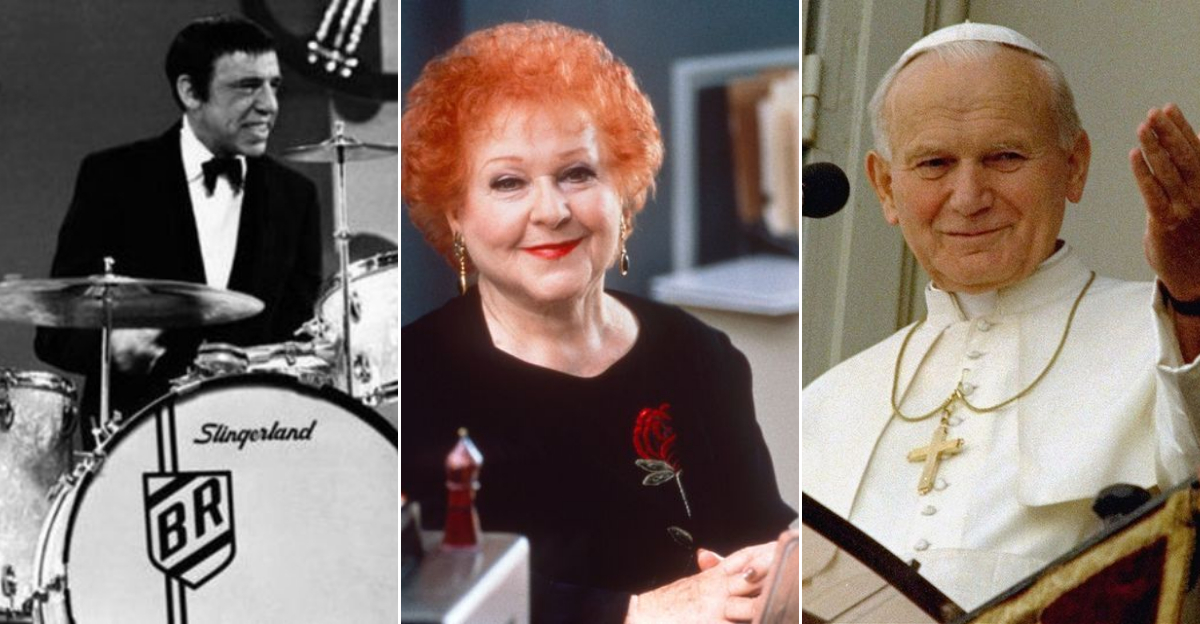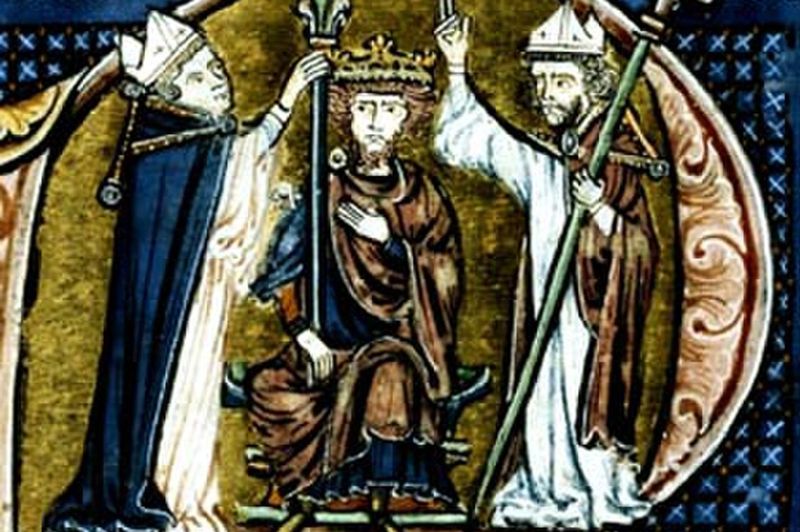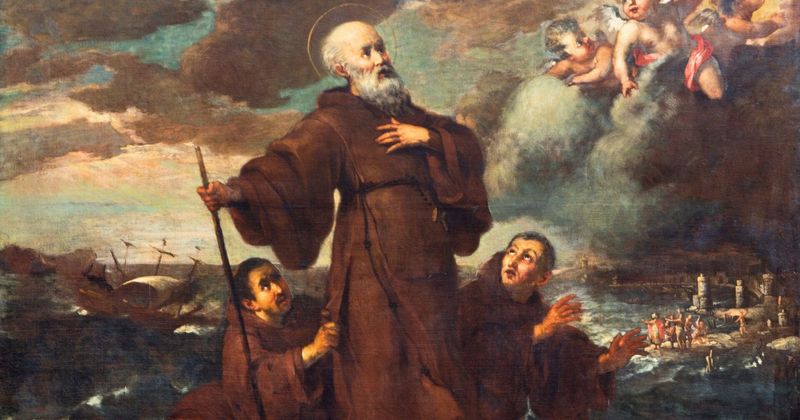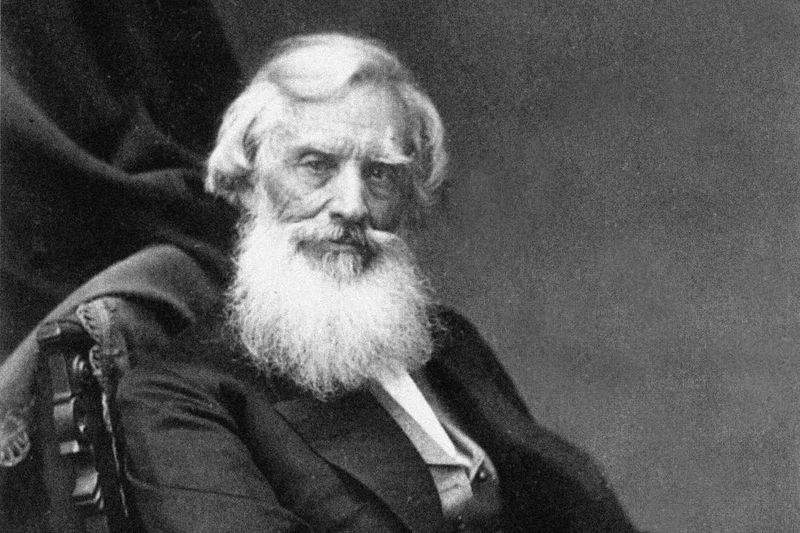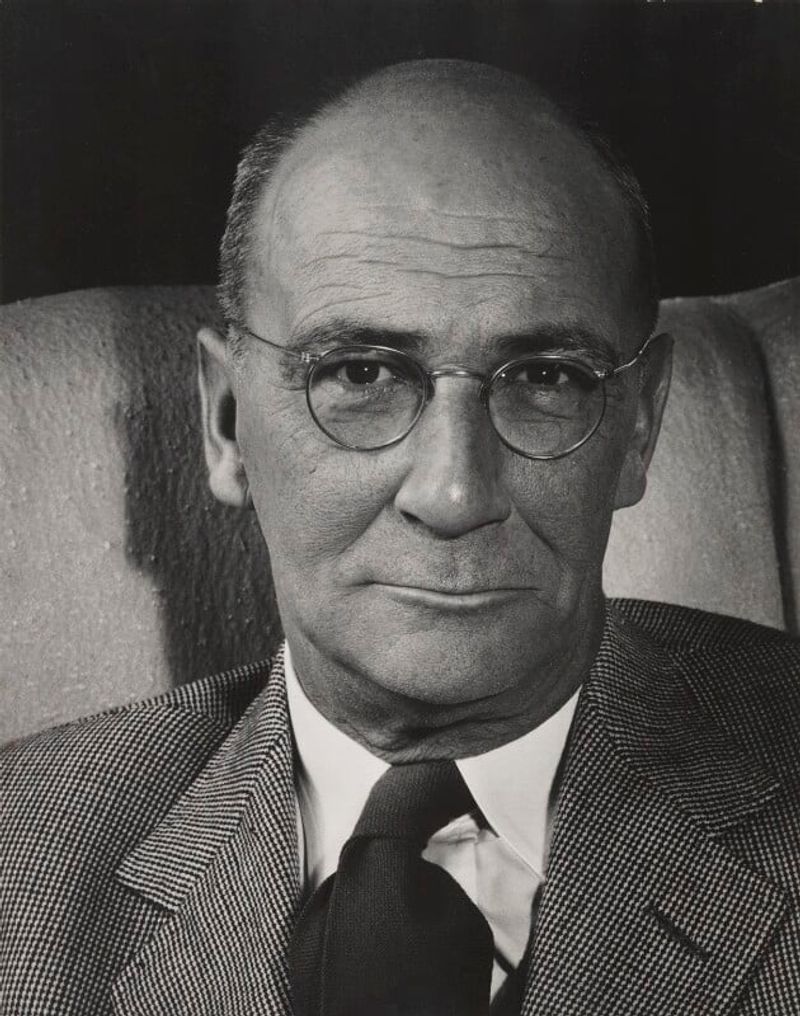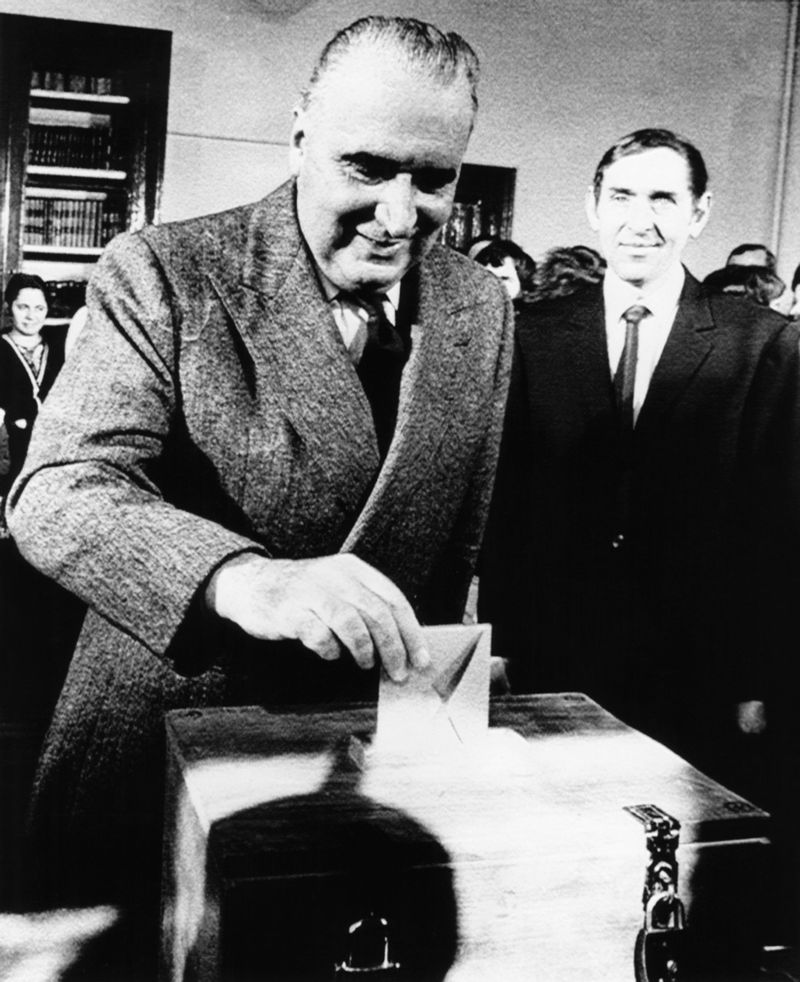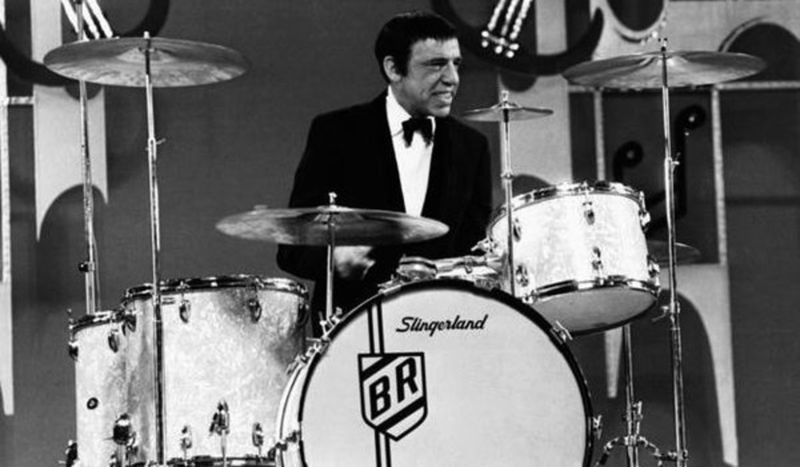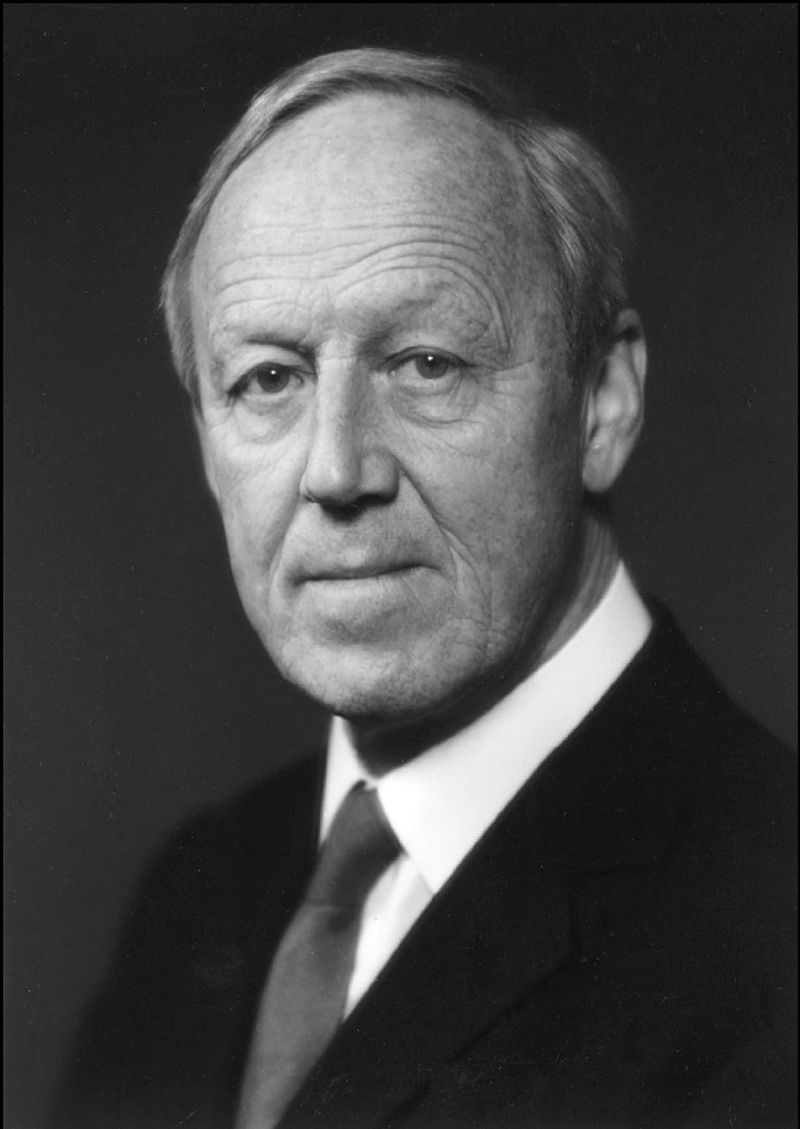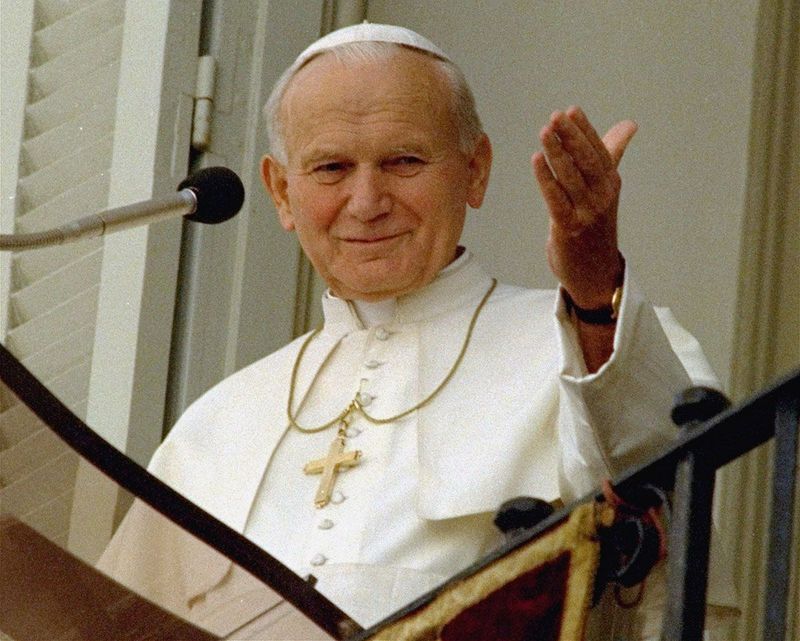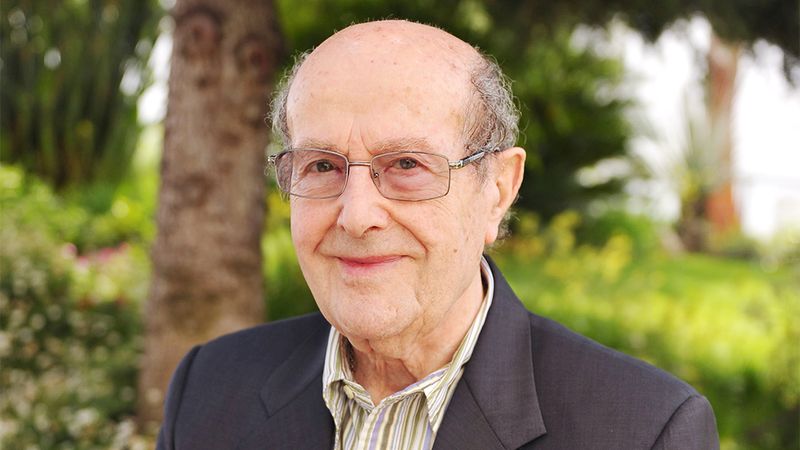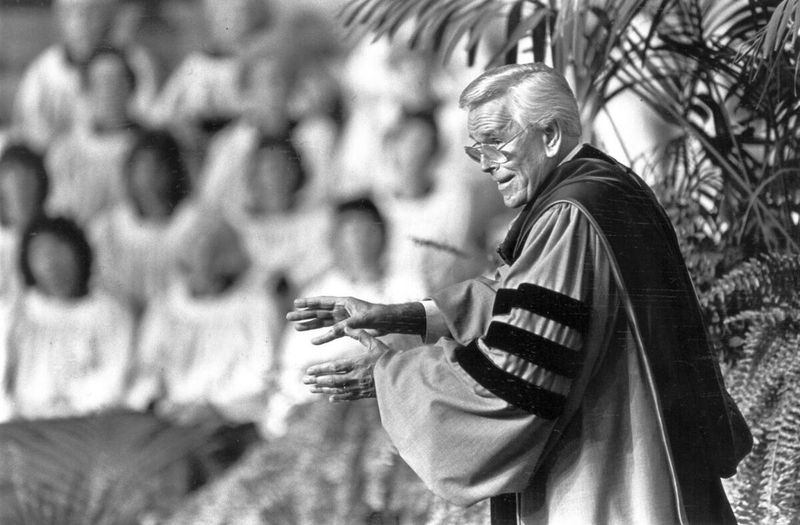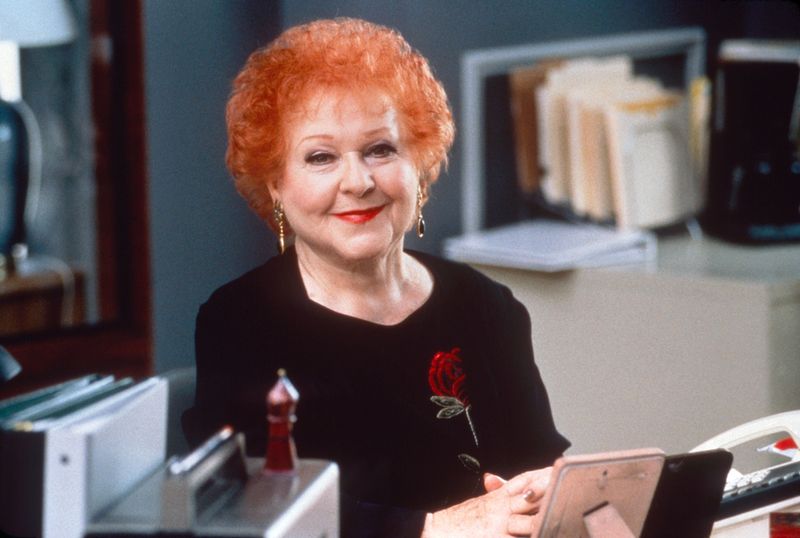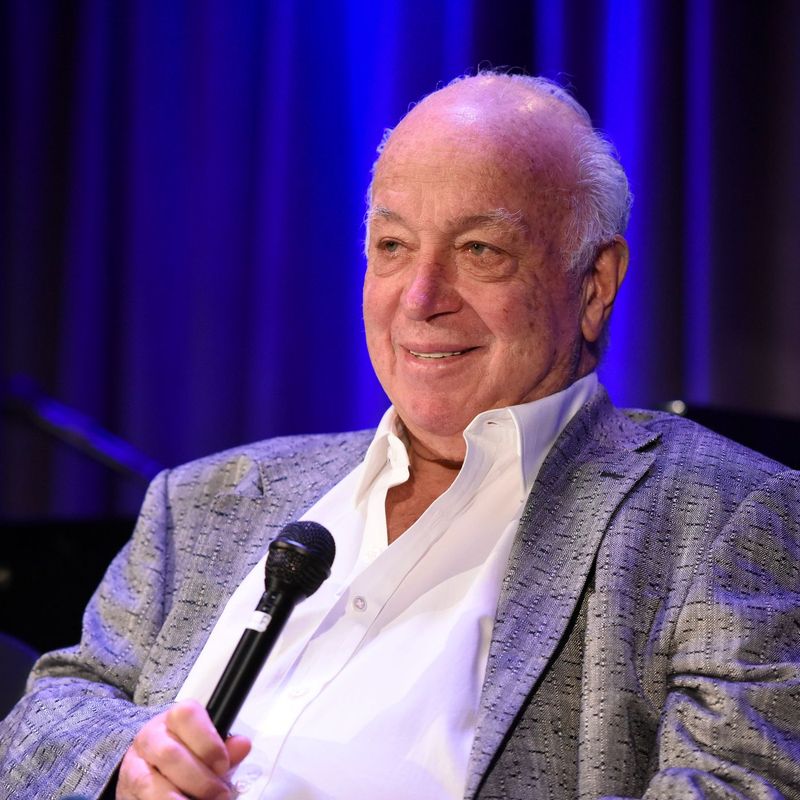April 2 has witnessed the passing of many notable figures throughout history. From saints to scientists, these individuals left an indelible mark on the world.
Join us as we explore the lives and legacies of 12 famous people who died on this date.
1. Baldwin I of Jerusalem, First Crusader King of Jerusalem, 1118
Baldwin I of Jerusalem was a pivotal figure in the Crusader States, serving as the first king of Jerusalem from 1100 to 1118. Born in 1058, he was a leader in the First Crusade, securing key territories.
His reign solidified the Christian hold on Jerusalem and expanded the kingdom’s influence in the region. Baldwin’s leadership was characterized by military acumen and strategic alliances.
He died on April 2, 1118, leaving a legacy of conquest and consolidation. Baldwin’s impact on medieval history remains a significant chapter in the Crusades.
2. Francis of Paola, Italian friar and saint, founder of the Order of Minims, 1507
Francis of Paola was a revered Italian friar known for his deep spirituality and humble lifestyle. Born in 1416, he founded the Order of Minims, emphasizing humility, charity, and penance.
Known for his miraculous healing abilities, Francis was often sought after by those in need. His dedication to a life of austerity and prayer inspired many. Even kings and popes admired his wisdom and piety.
Francis passed away on April 2, 1507, leaving behind a legacy of faith and service. His life continues to inspire generations seeking a path of devotion.
3. Samuel Morse, American inventor and painter, co-developer of Morse code, 1872
Samuel Morse was a visionary American inventor and painter, whose name is synonymous with the Morse code. Born in 1791, he initially pursued a career in art, studying in England and becoming an accomplished portraitist.
However, his fascination with electromagnetism led him to invent the single-wire telegraph system, revolutionizing communication. Morse’s code, a system of dots and dashes, became the universal language for telegraphy.
He died on April 2, 1872, having forever transformed how people connect across distances. Morse’s dual legacy in art and technology remains influential.
4. C. S. Forester, British novelist, 1966
C. S. Forester was a renowned British novelist, best known for his “Horatio Hornblower” series. Born in 1899, Forester’s writing vividly brought to life the adventures of a Royal Navy officer during the Napoleonic wars.
Forester’s meticulous research and storytelling skills captivated readers, transporting them to the high seas. His works have inspired numerous adaptations in film and television, sustaining their popularity.
He died on April 2, 1966, leaving a legacy of literary excellence. Forester’s novels continue to enthrall fans of historical fiction and adventure.
5. Georges Pompidou, President of France, 1974
As President of France from 1969 until his death, Georges Pompidou was a key figure in French politics. Born in 1911, he served as Prime Minister under Charles de Gaulle before becoming president himself.
Pompidou’s tenure was marked by efforts to modernize the French economy and infrastructure. He championed the arts and education, leaving a cultural mark symbolized by the Pompidou Centre in Paris.
His unexpected death on April 2, 1974, shocked the nation. Pompidou’s vision for a modern France still resonates today, influencing contemporary policies.
6. Buddy Rich, American jazz drummer and bandleader, 1987
Buddy Rich was an American jazz legend whose drumming prowess captivated audiences worldwide. Born in 1917, Rich began drumming as a child prodigy, showcasing an unparalleled sense of rhythm and speed.
Throughout his career, he played with big bands and led his own, becoming a symbol of jazz excellence. Rich’s performances were noted for their energy and technical brilliance, leaving audiences in awe.
He passed away on April 2, 1987, but his influence on jazz drumming endures, with many musicians citing him as a major inspiration.
7. Hannes Alfvén, Swedish physicist and Nobel laureate, 1995
Hannes Alfvén was a pioneering Swedish physicist whose work in magnetohydrodynamics reshaped understanding of the cosmos. Born in 1908, he made groundbreaking contributions to plasma physics, earning a Nobel Prize in 1970.
Alfvén’s theories opened new avenues in astrophysics, particularly in studying solar and cosmic phenomena. His insights into the behavior of plasmas continue to influence scientific research.
He died on April 2, 1995, leaving a legacy of innovation and curiosity. Alfvén’s contributions remain vital to the ongoing exploration of space and the universe.
8. Pope John Paul II, leader of the Roman Catholic Church, 2005
Pope John Paul II was a transformative leader of the Roman Catholic Church and one of history’s most influential pontiffs. Born in 1920 in Poland, he became pope in 1978, embarking on a mission of spiritual renewal.
His papacy was marked by outreach to different cultures and religions, as well as a strong stance against communism. John Paul II’s travels and teachings touched millions, earning him admiration worldwide.
He died on April 2, 2005, leaving a profound legacy of faith and unity. His impact on the Church and world affairs remains significant.
9. Manoel de Oliveira, Portuguese film director, 2015
Manoel de Oliveira was a distinguished Portuguese film director whose career spanned over eight decades. Born in 1908, he began making films in the silent era and continued into the 21st century.
Known for his distinctive style and profound storytelling, Oliveira explored themes of human existence and society in his films. His work earned international acclaim, making him a revered figure in cinema.
He passed away on April 2, 2015, at the age of 106, leaving a remarkable legacy. Oliveira’s films continue to inspire filmmakers and audiences alike.
10. Robert H. Schuller, American televangelist and author, 2015
Robert H. Schuller was an influential American televangelist known for his optimistic preaching style. Born in 1926, he founded the Crystal Cathedral and hosted the “Hour of Power” television program.
Schuller’s messages of hope and positive thinking resonated with millions, bringing spiritual comfort and guidance. His books and sermons emphasized the power of faith in overcoming life’s challenges.
He died on April 2, 2015, leaving a legacy of inspiration and faith. Schuller’s teachings continue to encourage those seeking spiritual growth and motivation.
11. Estelle Harris, American actress known for her role in “Seinfeld,” 2022
Estelle Harris was a beloved American actress known for her unforgettable role as Estelle Costanza on the hit sitcom “Seinfeld.” Born in 1928, her comedic talent and distinctive voice made her a fan favorite.
Beyond “Seinfeld,” Harris’s career spanned film, television, and voice acting, endearing her to audiences with her vibrant personality. Her role in “Toy Story” as Mrs. Potato Head further showcased her versatility.
She passed away on April 2, 2022, leaving a legacy of laughter and entertainment. Harris’s performances continue to bring joy to fans worldwide.
12. Seymour Stein, American music executive and co-founder of Sire Records, 2023
Seymour Stein was a legendary music executive who co-founded Sire Records, shaping the landscape of modern music. Born in 1942, he was instrumental in launching the careers of iconic artists like Madonna and The Ramones.
Stein’s keen ear for talent and innovative spirit defined his career, bringing punk and new wave music to the mainstream. His contributions to the music industry were immense, earning him a place in the Rock and Roll Hall of Fame.
He died on April 2, 2023, leaving a legacy of musical innovation and discovery. Stein’s influence endures in the world of music.
